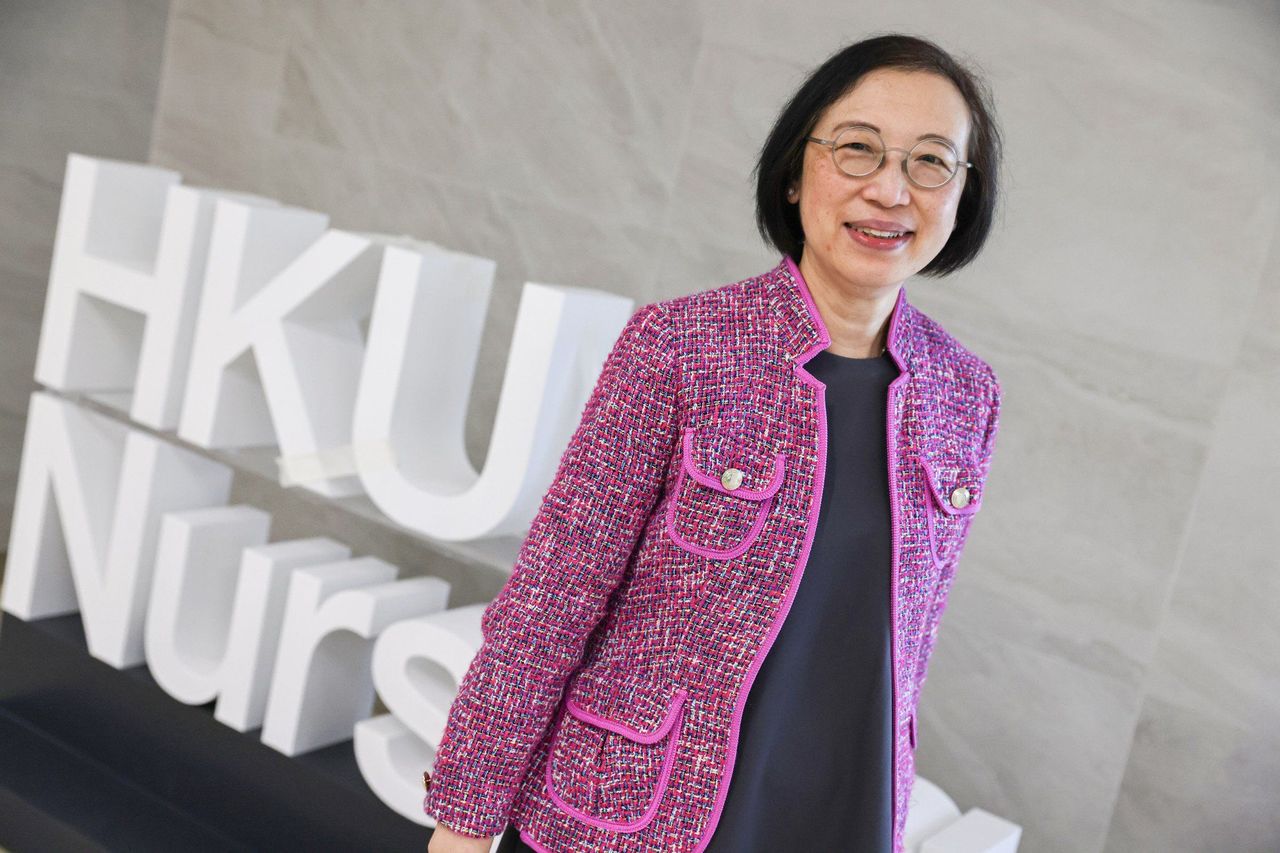Hong Kong News

Nursing students to help 10,000 elderly Hongkongers in ex-health chief’s project
Hong Kong’s former health secretary will lead a community care programme in which 1,000 nursing students will serve more than 10,000 elderly residents and educate them about online medical care services.
The University of Hong Kong’s school of nursing on Wednesday launched the pilot round of the Generations Connect Project under which more than 50 students will receive elderly care training and visit about 100 elderly residents living in Wah Fu Estate this month.
Former secretary for health Sophia Chan Siu-chee, who now teaches at the university’s school of nursing, is the director of the programme.
 Former secretary for health Sophia Chan Siu-chee.
Former secretary for health Sophia Chan Siu-chee.
“In the midst of an ageing population, I think it is important that we have our students who are savvy in using digital health devices communicating with the elderly,” she said.
“And also in the midst of the Covid-19 [pandemic], actually many elders have been stuck at home and do not go out, so therefore their psychosocial and physical well-being is being tarnished to a certain extent. So I think this programme is very timely in getting our students to communicate [with the elderly].”
The project, sponsored by the Sino Group and Ng Teng Fong Charitable Foundation, will involve collaboration with 11 social welfare organisations in its second phase from January 2023 until the end of 2024.
In the second phase, more than 1,000 bachelor’s and master’s students at the school of nursing will work with 10,000 elderly residents in need across 18 districts in the city through regular home visits, phone calls and video conferences, in an effort to enhance their psychosocial and mental well-being. The project will also be integrated into various nursing courses.
Students will teach such residents how to operate an online platform especially designed for the elderly to access health-related information, as well as how to use government e-health services, to increase their digital literacy.
Chan said one of the project’s aims was to promote primary healthcare, which focused on prevention measures and centred around the community, adding that some of the topics included encouraging the elderly to exercise.
“Under an ageing population … our nursing students and society as a whole have to face the fact that many of our residents are elderly,” she said, adding that the project would help the elderly build health habits that would prevent them from developing conditions that might add to the burden on the healthcare system.
The project will also focus on increasing such residents’ knowledge on Covid-19 prevention and evidence-based interventions.
Data will also be collected during the initiative and analysed by the university, which will then publish reports and recommendations for the planning of elderly care services and nurse training.
“We hope we can do a good job in data analysis for the sake of the development of elderly services, preventive measures in the community and primary healthcare,” she said.
“We also wish to provide new [elderly care] models so that under the drastic change of the healthcare system, nurses can be well-prepared, as well as offering them demonstration and guidance during professional training.”











